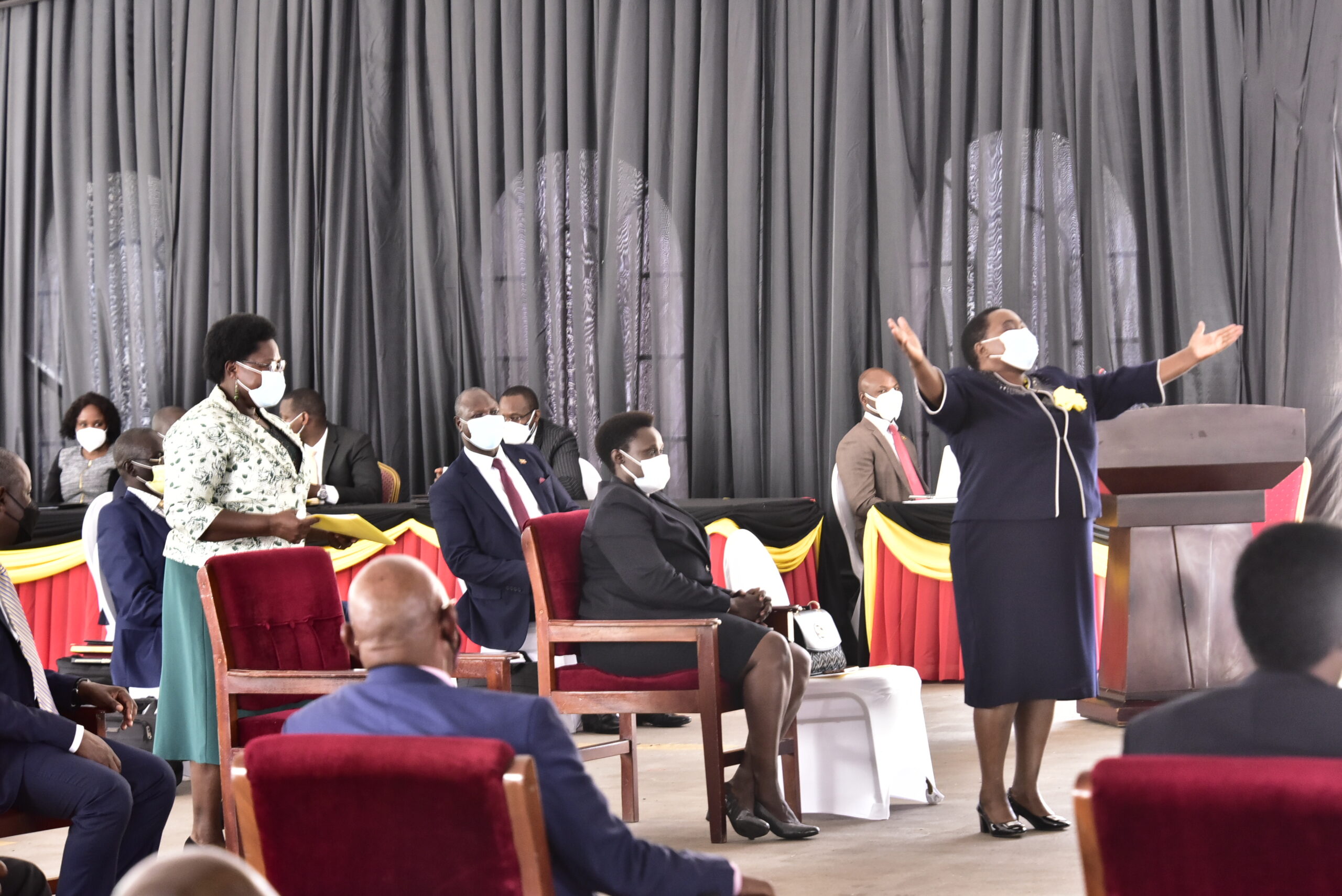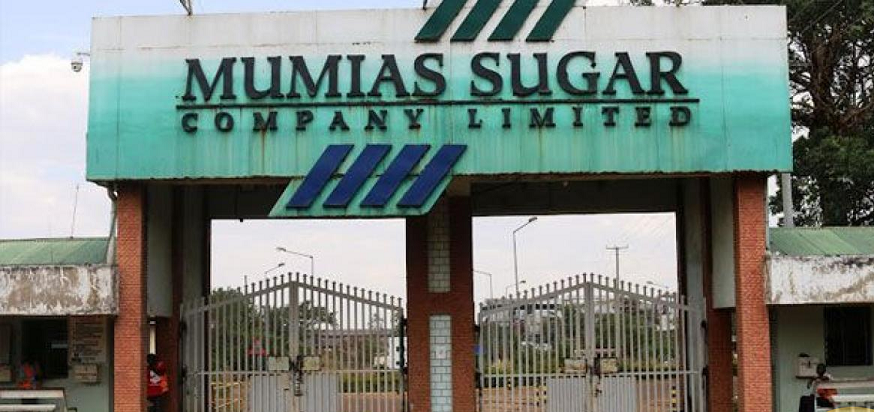South Africa’s former President Jacob Zuma has been charged with corruption linked to a 1990s arms deal, the BBC reports.
After the 75-year-old’s 15-minute appearance at the High Court in Durban, the case was adjourned until 8 June.
He faces 16 counts of corruption, racketeering, fraud and money laundering, which dogged his presidency and were reinstated in 2016.
Mr Zuma, who was forced out of office in February, denies any wrongdoing.
His supporters descended on the city to rally for him, while his critics think court action is long overdue.
After the hearing, Mr Zuma addressed the crowds who had come to stand alongside him at the court in his home province.
“I have never seen it before where someone is charged with a crime, those charges are dropped and then years later those same charges are re-instated,” he said, speaking in Zulu. “This is a just a political conspiracy,”
He then led the crowd in song and dance.
What was the arms deal?
The arms deal took place in 1999, the year Mr Zuma moved from being a provincial minister to deputy president.
He is accused of accepting 783 illegal payments.
His financial adviser, Schabir Shaikh, was found guilty of trying to solicit bribes on his behalf from a French arms firm and was jailed in 2005.
The case against Mr Zuma was dropped shortly before he ran for president in 2009.
A woman representing French arms manufacturer Thales was also in the Durban courthouse on Friday, as the company faces corruption charges too.
Fighting on
The Zuma of old is still here – the crowd pleaser, the charmer and tactical politician.
This is the Jacob Zuma who boldly addressed crowds outside the courthouse, minutes after his brief hearing.
A sure, perhaps even defiant, Zuma told crowds he was being targeted by political foes both within his party, the ruling African National Congress (ANC), and opposition parties who were against his attempts to bring economic empowerment to black people.
Here in his home province he remains a hero who brought development to forgotten corners of this vast and largely rural province.
On the face of it, he appears to be unperturbed by the latest controversy, having survived many a scandal. “I keep asking what has Zuma done and no one has an answer for me,” he told the crowds. And with that in mind, Mr Zuma fights on.
Why is this significant?
The BBC’s Andrew Harding says the former president appearing in court on corruption charges is hugely symbolic for South Africa’s young democracy.
Many, he reports, see it as an era of impunity coming to an end.
The ANC, led by new president Cyril Ramaphosa, is keen to distance itself from the controversy as it prepares to contest the national elections in a year’s time.
Mr Ramaphosa came in on a ticket of clean governance and his party cannot afford another scandal.
The ANC asked Mr Zuma’s supporters not to wear its colours outside court on Friday but many did not follow this advice and were seen dressed in black, green and yellow.
Why now?
Mr Zuma’s opponents had long fought for him to be charged over the 1990s bribes.
The charges were reinstated in 2016 as his grip on the ANC weakened.
He was facing his ninth vote of no-confidence in parliament before he left office, forced out by the ANC.
Zuma’s many scandals
His rule was beset with a series of scandals, including claims of state looting.
In 2016, a court ruled that he had breached his oath of office by using government money to upgrade a private home in the rural area of Nkandla. He later repaid the money.
Last year he was also accused of profiteering from a relationship with the wealthy Gupta family – allegations that both parties have denied.
In February, Mr Zuma resigned following intense pressure from the ANC party. He had been told to step down or face another vote of no-confidence in parliament.
Mr Zuma’s remaining supporters argue that he is being targeted for backing a radical economic reform agenda.
A battle is also brewing over whether the state should keep paying his legal bills.





